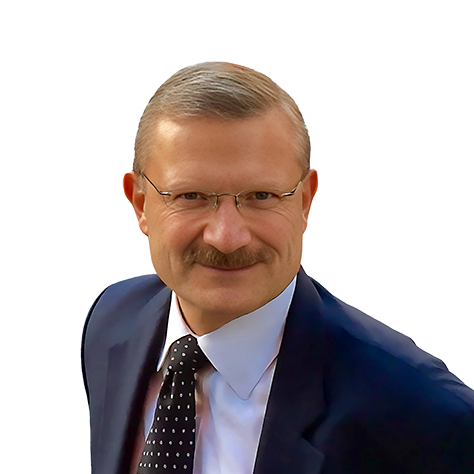Our beloved Pope Francis has passed away. I was finishing his final book, Hope, as an autobiography and testament. It’s an accessible yet profound read, filled with cherished memories the Pope shares with us, and it gently foreshadows the legacy he will leave behind.
As a physician, I’d like to reflect on one small but powerful teaching from his book—his exploration of secular hope—and its far-reaching implications for health and healing.
“HOPE is a real and tangible experience, even secular. The scientific community now recognizes that hope is one of nature’s most powerful survival mechanisms, for example, in reacting to illness. It is a complex quality, equipping our brains with chemical targets on which social interactions, words, and thoughts can exert a meaningful effect. Recent discoveries show that trust, expectations, and positive feelings mobilize many molecules and that this vital psychological component operates through the same pathways as medicines, ultimately activating identical biochemical processes. In short, human hope is far more than an illusion or mere trust: it is a medicine and a cure.”
A Physician’s Perspective on Hope
Patients often describe hope as “the best medicine”—an intangible yet essential ingredient in healing and coping. In my experience, hope operates on multiple levels:
- Cultural: Traditions and collective values shape how communities understand and express hope.
- Philosophical: Hope serves as an existential anchor, a lived experience, and a moral virtue.
- Practical: It profoundly influences clinical decisions, end-of-life experiences, and the journey through chronic illness.
Cultivating hope in healthcare doesn’t mean offering false reassurances or ignoring a patient’s reality. Instead, it involves acknowledging the many faces of hope—from the hope for a cure to the hope for comfort and meaning—and supporting patients and families in ways that honor their cultural backgrounds and individual values.
Ultimately, hope can improve quality of life and clinical outcomes: engaged, hopeful patients are often more active participants in their care. Ethically, preserving hope respects patient dignity; it affirms that, no matter how grave the illness, there remains something meaningful to hope for—whether in this life or beyond. The challenge for healthcare providers is to navigate hope’s complexity: to be honest yet compassionate, acknowledge suffering while highlighting potential good, and help redirect hope when circumstances change rather than extinguishing it.
These principles are especially vital in palliative care, where hope shields against despair and alleviates suffering. Yet they apply across all of medicine. Practitioners can heal the body and spirit by integrating cultural insights and philosophical wisdom about hope. In the face of illness, hope gives patients and caregivers a reason to persevere—a light guiding them through the darkest times toward whatever outcome awaits. These ideas aren’t merely anecdotal: a growing body of medical research supports the therapeutic power of hope in recovery and resilience.
Reading Hope reminded me of countless patients, family members, and friends who, through the strength of their hope, overcame formidable obstacles. I pray that God grants Pope Francis the greatest hope of all—that he may rest in Heaven in the presence of his Redeemer, Jesus.
I highly recommend Pope Francis’s book, Hope for Everyone, for those seeking inspiration and insight.
May he rest in peace.

